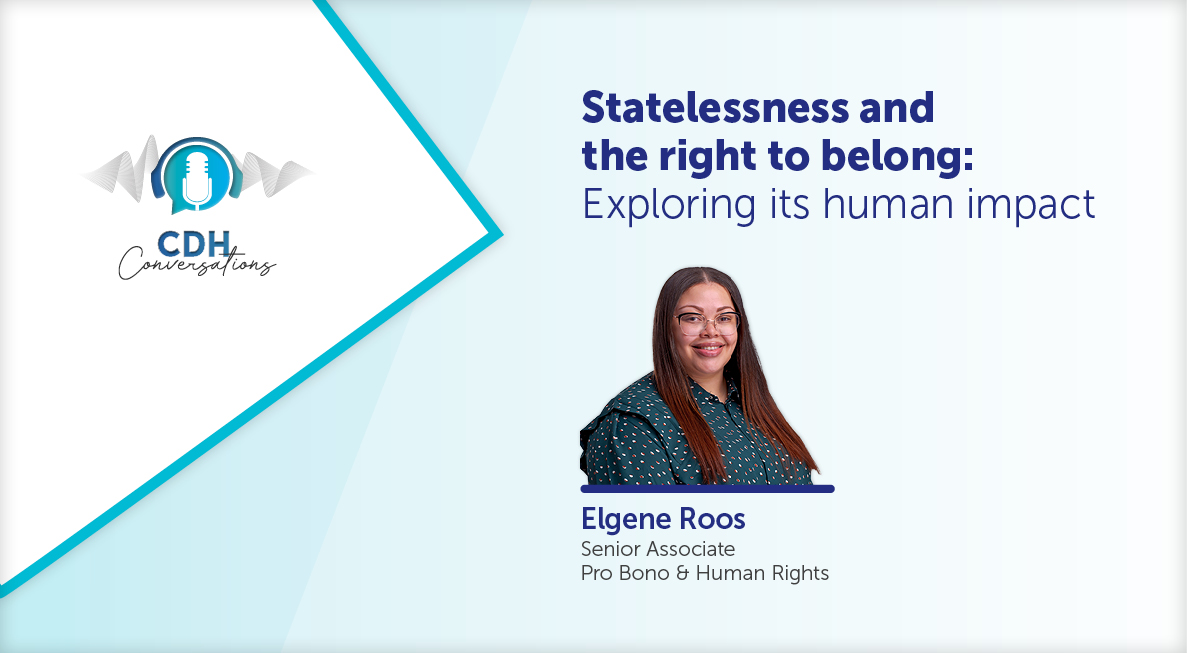Attempt to curb the adverse effects of unallocated or incorrectly allocated payments made by taxpayers
The proposal is made with the objective of providing SARS with sufficient time within which to make a determination as to the nature of the payment and as such, curtailing the current procedure of SARS simply effecting a refund of such amount to a taxpayer, with the taxpayer incurring interest on the tax debt which remains due and to which the initial payment, now refunded, was intended to be allocated towards.
This alert outlines how National Treasury (Treasury) seeks to achieve this objective through the proposed amendments to section 187 of the Tax Administration Act 28 of 2011 (TAA), in light of the issues arising out of the practicalities of section 190(1)(b) of the TAA.
Section 190(1)(b) of the TAA places a statutory obligation on SARS to pay a refund to a taxpayer if that taxpayer is entitled to a refund of an amount of any form of tax levied by SARS which is erroneously paid in excess, including interest thereon.
Section 187 of the TAA, on the other hand, sets out the general rules applicable to the calculation of interest on, amongst other things, outstanding taxes due by a taxpayer to SARS. In terms of section 187(1), interest accrues and is payable on the amount of the outstanding tax balance, if that tax debt is not paid in full by the effective date. The “effective date” for purposes of the calculation of interest varies and is determined based on the specific tax type or scenario on which interest is levied and is set out in section 187(3) of the TAA.
The Draft Memorandum on the Objects of the 2020 Draft TALAB (Draft Memorandum) states that payments made to SARS which are not properly allocated by a taxpayer under a specific tax type or incorrectly allocated, are administratively difficult for SARS to allocate correctly. The issue frequently arises when a taxpayer makes a lump sum payment to SARS, which is not placed under a specific tax type by the taxpayer. Due to the incorrect allocation or non-allocation of the payment by the taxpayer, SARS is unable to allocate the amount correctly and will likely refund that amount to the taxpayer (as it may prove administratively easier for SARS to regard the amount as an overpayment owing to, as well as due to its statutory duty under section 190(1)(b) of the TAA). As a result, the outstanding tax debt which the taxpayer sought to settle remains unpaid, as the amount was not properly allocated to a specific tax type at the time it was paid, and interest accrues on the outstanding tax balance after the effective date.
Because the taxpayer is inadvertently penalised through the standard scenario of SARS simply refunding the unallocated amount with the tax debt accruing interest under section 187, it was proposed that section 187 of the TAA be amended to allow SARS a specific period within which to determine the nature of the payment prior to such payment being refunded to the taxpayer. During such period, the taxpayer will not be subject to interest on the tax debt. Ensuing from this, the Draft TALAB therefore proposed that an additional “effective date” definition be inserted under section 187(3), to provide for the calculation of interest in relation to erroneous payments made by a taxpayer to SARS.
Initially, Treasury proposed a period of 60 days. Whilst members of the public expressed the view that it would be administratively efficient for SARS to be provided with a grace period to confirm whether an amount is a genuine overpayment or constitutes an amount which must be set off against existing tax debts before interest is calculated thereon, they found that the 60-day period was excessive and ought to be reduced to 21 business days in order to align the period with similar legislative provisions. SARS accepted the view and has reduced the period to 30 calendar days, as indicated in the Tax Administration Laws Amendment Bill, published on 28 October 2020.
Take-Away
The in-principle outcome of the amendment is that taxpayers are less likely to incur interest on unpaid taxes, which they have in reality attempted to settle, as SARS would reasonably be in a better position to allocate the amounts correctly, given the sufficient amount of time to ensure proper allocation. However, as the amendment does not specifically place an obligation on SARS to utilise the 30-day period to allocate payments correctly (instead, it is drafted in a manner which merely clarifies when interest will accrue in relation to erroneous payments made by taxpayers), it is not known whether SARS will practically administer the allocation within the envisaged 30-day period.
The information and material published on this website is provided for general purposes only and does not constitute legal advice. We make every effort to ensure that the content is updated regularly and to offer the most current and accurate information. Please consult one of our lawyers on any specific legal problem or matter. We accept no responsibility for any loss or damage, whether direct or consequential, which may arise from reliance on the information contained in these pages. Please refer to our full terms and conditions. Copyright © 2026 Cliffe Dekker Hofmeyr. All rights reserved. For permission to reproduce an article or publication, please contact us cliffedekkerhofmeyr@cdhlegal.com.
Subscribe
We support our clients’ strategic and operational needs by offering innovative, integrated and high quality thought leadership. To stay up to date on the latest legal developments that may potentially impact your business, subscribe to our alerts, seminar and webinar invitations.
Subscribe



